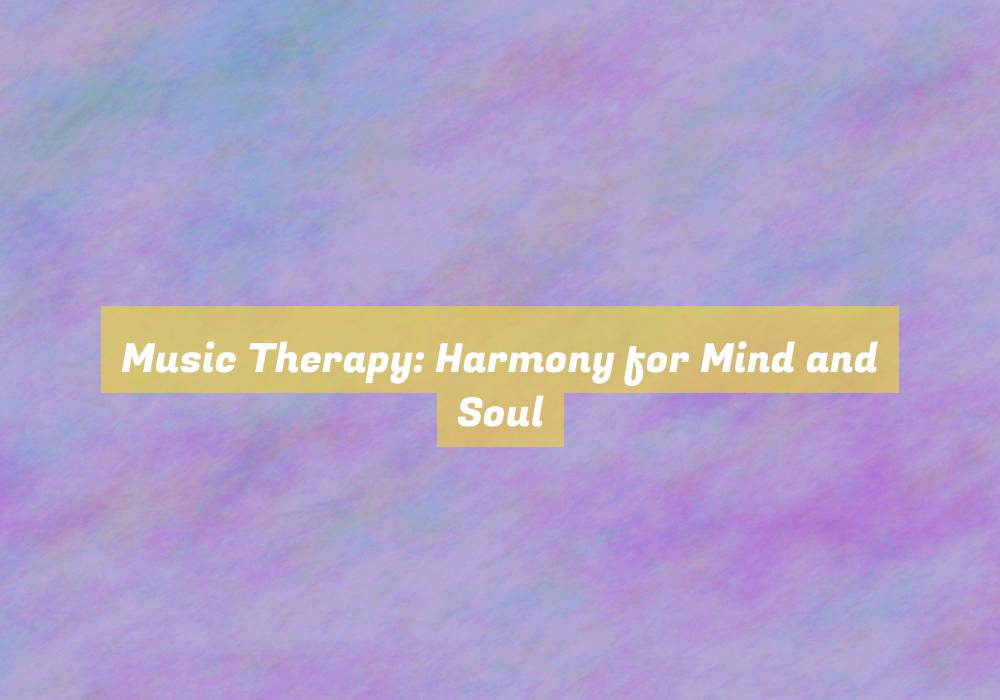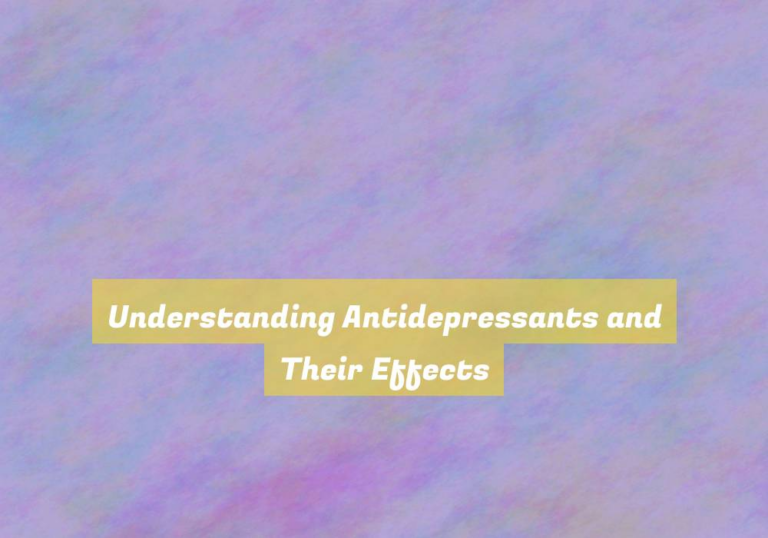Music Therapy: Harmony for Mind and Soul
Imagine your mind as a garden. Music therapy is like the gentle rain that nourishes and revitalizes the flowers within. Music has a unique ability to touch the deepest parts of our being. It offers solace, motivation, and a pathway to emotional release. As you explore the intricacies of music therapy, you may find yourself intrigued by its potential to heal and transform.
The Power of Music Therapy
Music therapy has been shown to have a powerful impact on the mind and soul, providing significant benefits for mental and emotional well-being. When you listen to music, your brain releases dopamine, a neurotransmitter associated with pleasure and reward. This natural reaction can uplift your mood and reduce stress and anxiety.
Additionally, music has the ability to evoke strong emotions and memories, which can be therapeutic for processing and expressing feelings. Engaging in music therapy can help you manage and cope with difficult emotions, providing a healthy outlet for self-expression.
The rhythmic and melodic elements of music also have a calming effect on the mind, promoting relaxation and reducing tension. Moreover, music therapy can improve cognitive function, enhance concentration, and boost overall mental acuity. By actively participating in music-making activities, such as singing or playing an instrument, you can stimulate various areas of the brain, promoting neuroplasticity and enhancing neural connections.
Ultimately, the power of music therapy lies in its ability to connect with your emotions, uplift your spirit, and provide solace during challenging times.
Understanding the Healing Effects
As you explore the healing effects of music therapy, youG??ll uncover its profound impact on mental and emotional well-being, providing a holistic approach to wellness.
Music therapy has been found to reduce anxiety, alleviate stress, and improve overall mood. The rhythmic and melodic elements of music can synchronize with your brainwaves, promoting relaxation and enhancing cognitive function. Engaging with music also stimulates the release of dopamine, a neurotransmitter associated with pleasure and reward, contributing to a sense of well-being.
Furthermore, music therapy can serve as a powerful tool for emotional expression and communication. It enables individuals to convey and process complex feelings, even when traditional forms of communication may be challenging. Through music, you can explore and confront emotional barriers, leading to a greater sense of self-awareness and emotional resilience. Additionally, music has the ability to evoke memories and evoke nostalgia, which can be particularly beneficial for individuals dealing with cognitive impairments or traumatic experiences.
Ultimately, the healing effects of music therapy extend beyond mere enjoyment of music. It taps into the intricate connections between the mind, body, and emotions, offering a unique and effective approach to promoting overall well-being.
Applications in Mental Wellness
Exploring the potential applications of music therapy in mental wellness reveals its capacity to provide significant support for emotional regulation and cognitive processing.
When it comes to emotional regulation, music has the power to evoke and express emotions, making it a valuable tool for individuals struggling with mood disorders or emotional dysregulation.
Music therapy offers a safe space for individuals to explore and process their emotions, allowing for a healthy release and regulation of feelings.
Moreover, the rhythmic and melodic elements of music can aid in improving cognitive processing. Engaging with music can enhance attention, memory, and executive functioning, making it beneficial for individuals dealing with cognitive challenges such as those with dementia or traumatic brain injuries.
By incorporating music into mental wellness practices, individuals can experience improvements in emotional regulation and cognitive abilities, ultimately leading to an enhanced sense of well-being and overall mental wellness.
Whether itG??s through active music making or passive listening, the diverse applications of music therapy can truly harmonize the mind and soul.
Integrating Music Therapy Into Daily Life
Consider integrating music therapy into your daily life to promote emotional well-being and cognitive function. Start by creating personalized playlists for different moods or activities. Use upbeat tunes to energize yourself during workouts or chores, and calming melodies to unwind before bed. Pay attention to lyrics that resonate with your emotions, as they can validate and help process your feelings.
Make a habit of actively listening to music, focusing on the melodies, rhythms, and emotions they evoke. Engage in music-making activities like singing, playing an instrument, or even just tapping along to a beat, as they can provide a sense of accomplishment and joy. Additionally, attend live music events or concerts to experience the communal and uplifting aspects of music.
Incorporate music into relaxation routines, such as incorporating gentle background music into your meditation or mindfulness practices. Lastly, seek professional guidance if youG??re considering formal music therapy sessions to address specific emotional or cognitive needs. By integrating music therapy into your daily life, you can harness its powerful effects on your overall well-being.
Conclusion
In conclusion, music therapy offers a powerful tool for healing and promoting mental wellness. By understanding its healing effects and integrating it into daily life, individuals can experience the harmony and soothing effects it brings to the mind and soul.
Whether itG??s through listening to calming music or actively participating in music therapy sessions, the benefits are clear. So, why not incorporate music therapy into your daily routine and experience its positive impact on your mental well-being?



